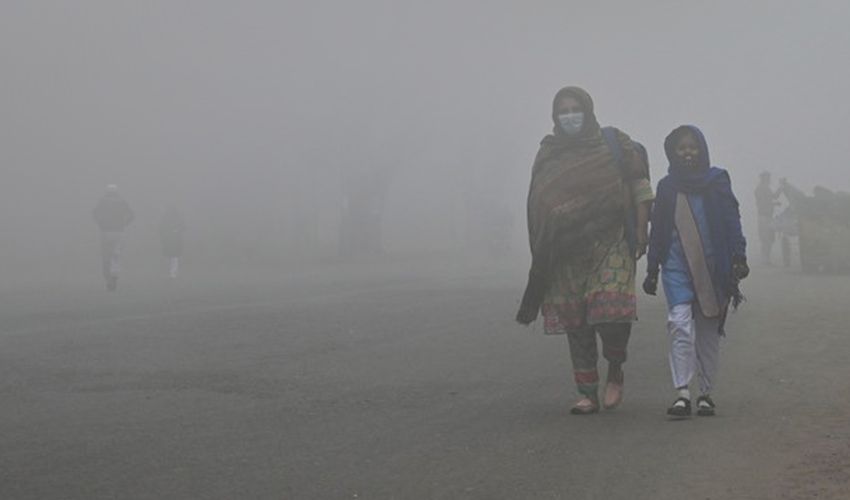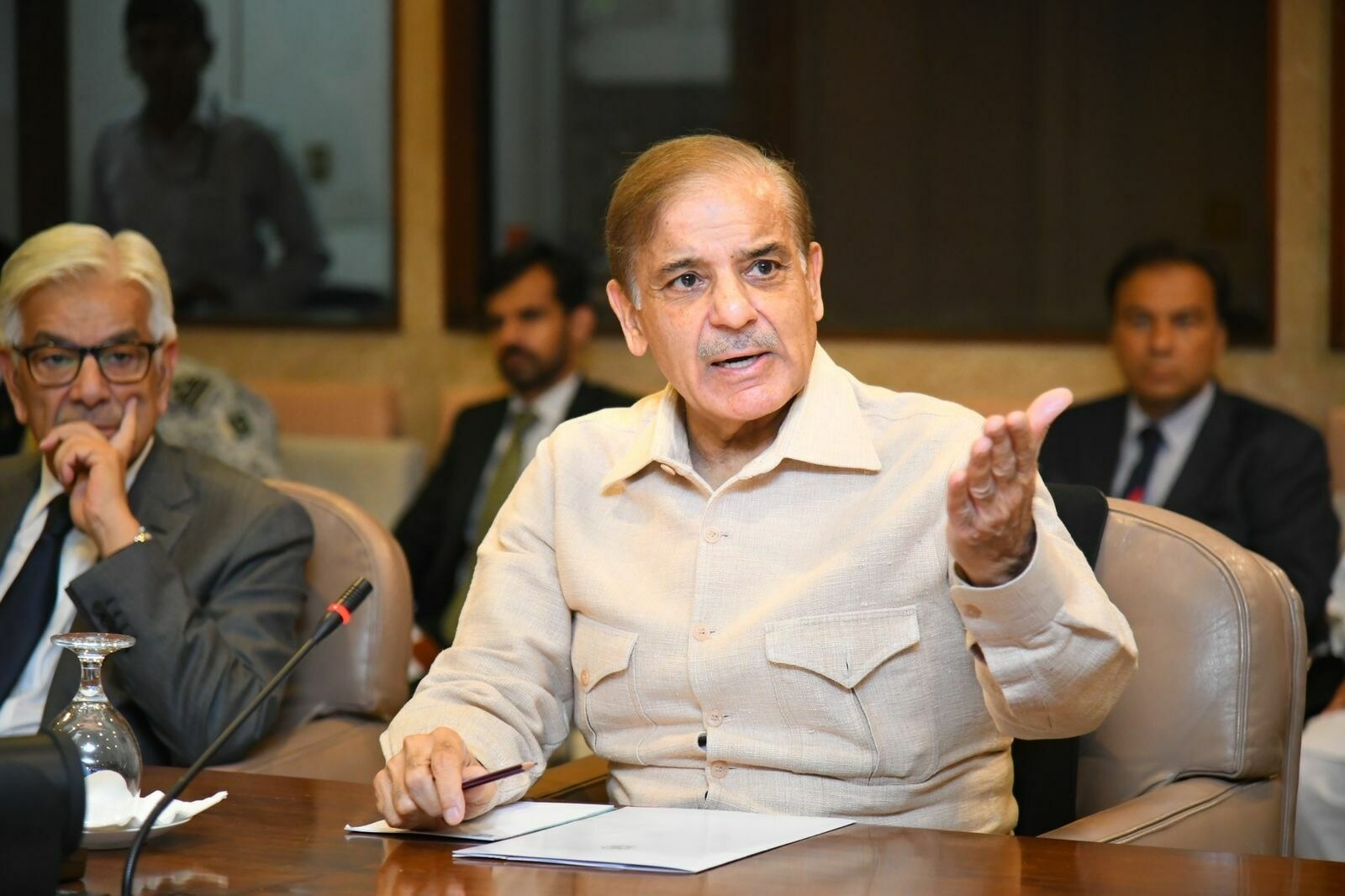PTBP Web Desk
The Punjab government has extended the closure of schools and colleges to five additional divisions of the province due to the worsening air pollution crisis.
The decision was made in response to a dramatic rise in smog levels, which has become a serious environmental concern across the region. This move comes as the government seeks to mitigate the adverse effects of the ongoing pollution crisis and protect public health, especially the well-being of children.
Following the alarming increase in air pollution, the Environmental Protection Department (EPD) of Punjab issued a notification on Tuesday, directing the closure of all educational institutions in five divisions: Sargodha, Rawalpindi, Dera Ghazi Khan, Bahawalpur, and Sahiwal. This directive includes schools ranging from nursery to grade 12, as well as academies and tuition centers.
The closure will last from November 13 to 17, as part of the government’s strategy to curb the hazardous environmental impact of the rising smog. The decision aims to minimize exposure to the harmful air quality, particularly for children, who are especially vulnerable to respiratory issues caused by pollution. The government has also decided to extend school closures previously announced for other divisions, including Gujranwala, Lahore, Multan, and Faisalabad.
As part of the broader effort to control air pollution, the closures are seen as an essential preventive measure to reduce the risk of health complications caused by prolonged exposure to the toxic air. Punjab, in particular, has been grappling with smog-related challenges for several years, with significant economic and health costs attached to the persistent air quality issues.
The school closures, the Lahore district administration has implemented a ban on outdoor activities in a bid to mitigate the public health risks associated with the escalating smog levels. According to a notification issued by the Deputy Commissioner of Lahore on November 11, all outdoor sports, exhibitions, and events will be suspended from November 11 to 17. Furthermore, outdoor dining at restaurants has also been prohibited during this period.
The ban is a preventive measure aimed at minimizing people’s exposure to smog, which can cause severe respiratory issues, particularly among children, the elderly, and those with pre-existing health conditions. However, the ban does not apply to religious gatherings, which have been exempted from the restrictions.
In addition to the ban on outdoor activities, the district administration has imposed early closing hours on shops, markets, and malls. These establishments must close by 8 PM, with exceptions for essential services such as medical stores, laboratories, petrol pumps, and grocery stores. Large department stores are permitted to operate, but only their grocery and medical sections will remain open to serve the community’s essential needs.
The rising pollution levels have also prompted the Parks and Horticulture Authority (PHA) of Lahore to step up its efforts to combat the environmental crisis. The PHA has intensified cleaning efforts along green belts and roadsides by washing trees and plants to reduce the pollution levels in the city. This initiative is aimed at improving air quality and reducing the harmful effects of smog on the residents of Lahore.
The smog situation in Punjab, particularly in Lahore, has worsened in recent years, with air pollution reaching hazardous levels in some areas. The adverse environmental conditions have become a major public health issue, contributing to increased cases of respiratory illnesses and other health complications. As a result, local authorities and the government are taking urgent measures to protect the citizens from the harmful effects of poor air quality.
The government of Punjab has also urged citizens to take necessary precautions during the smog period. The Deputy Commissioner of Lahore has specifically advised residents to avoid unnecessary outdoor activities and to wear masks when venturing out. Mask usage is especially important for people who suffer from respiratory conditions, as the smog poses a heightened risk for asthma and other lung diseases.
The government has also emphasized the importance of staying indoors during the peak hours of smog, which typically occur in the early morning and late evening. These hours see the highest concentration of pollutants in the air, which can significantly affect public health.




